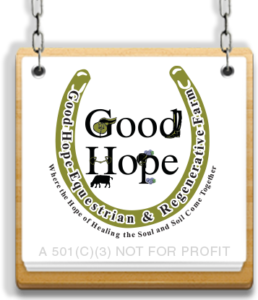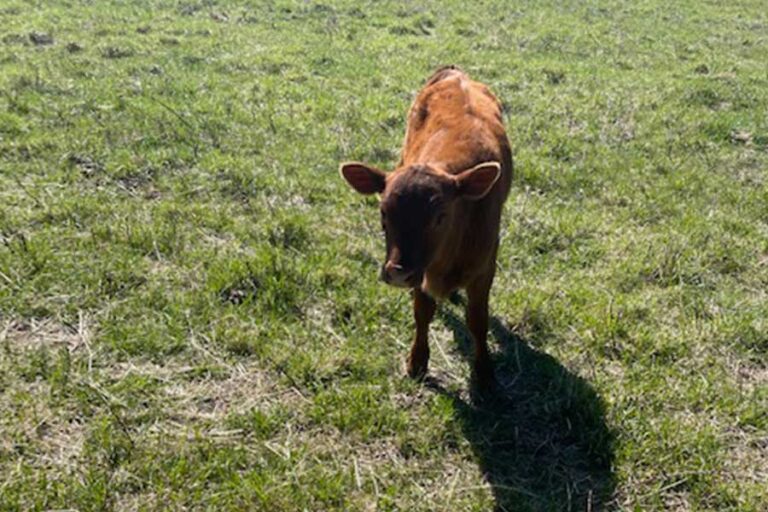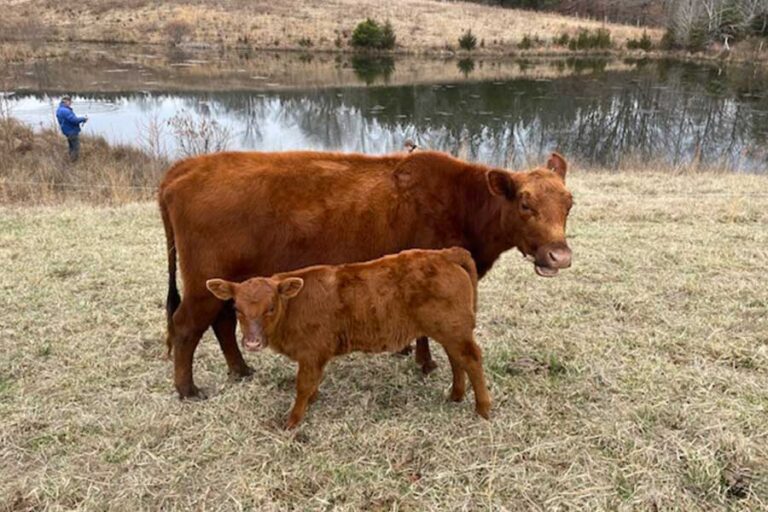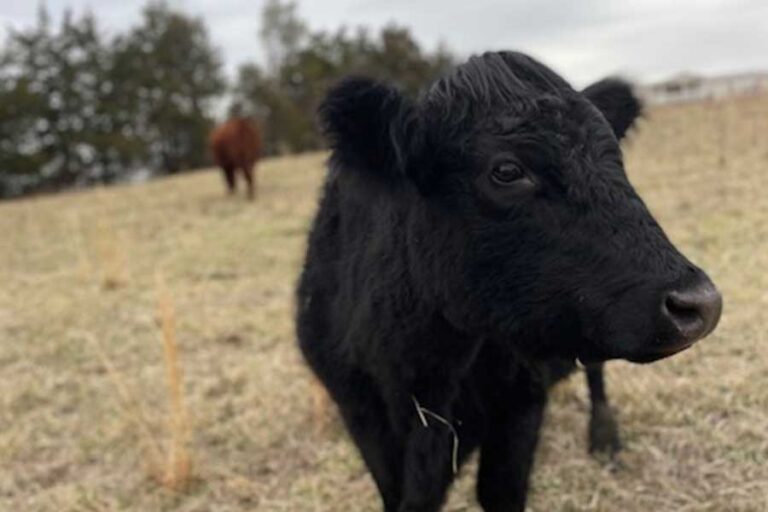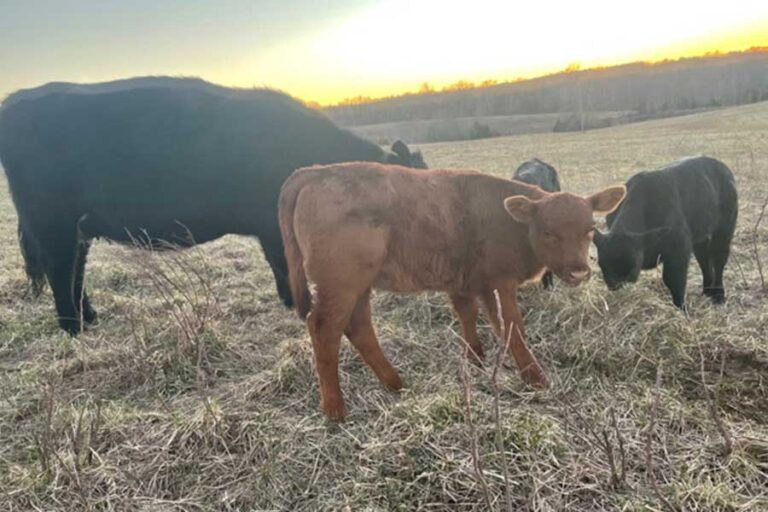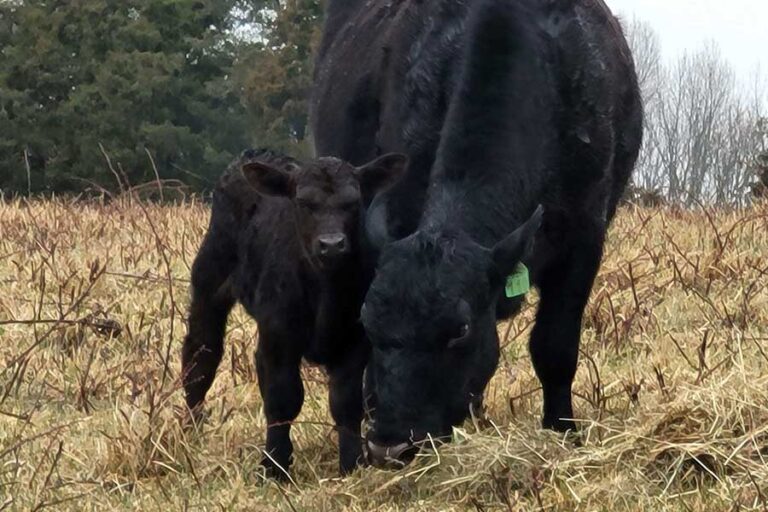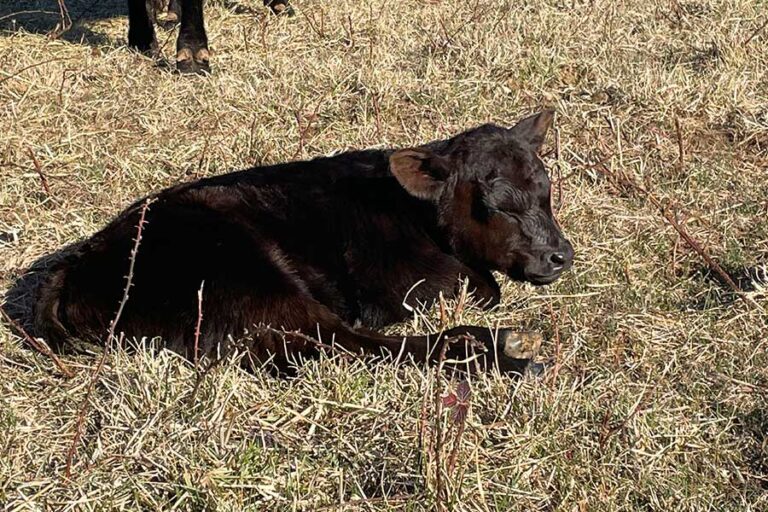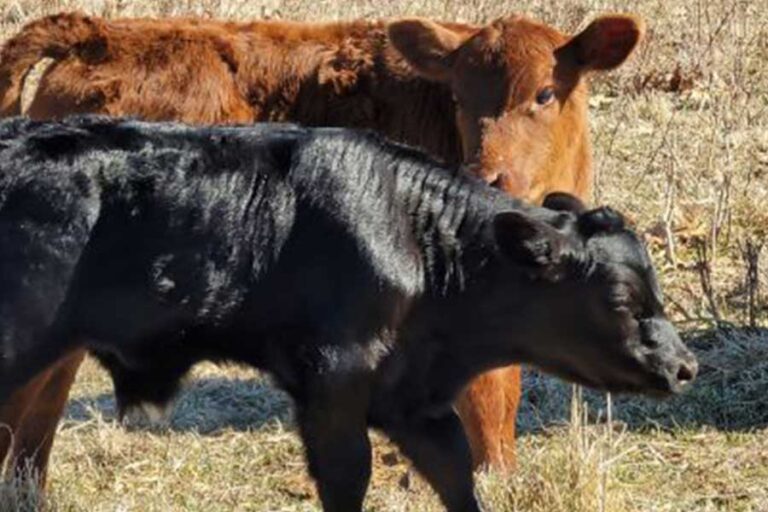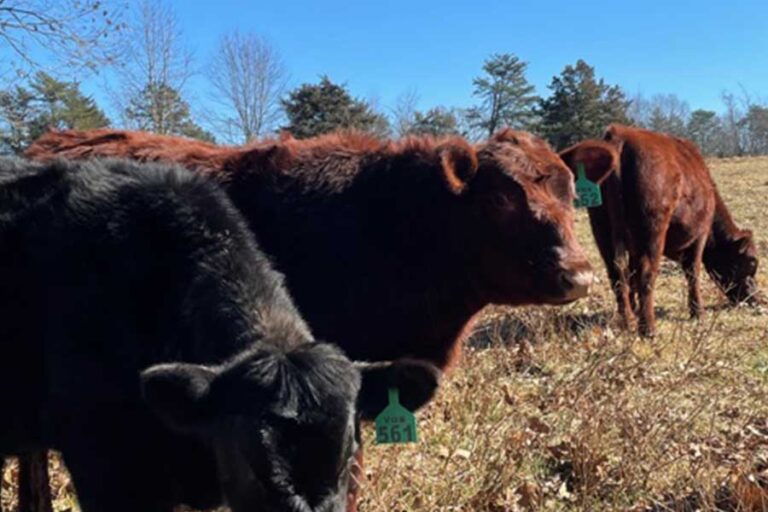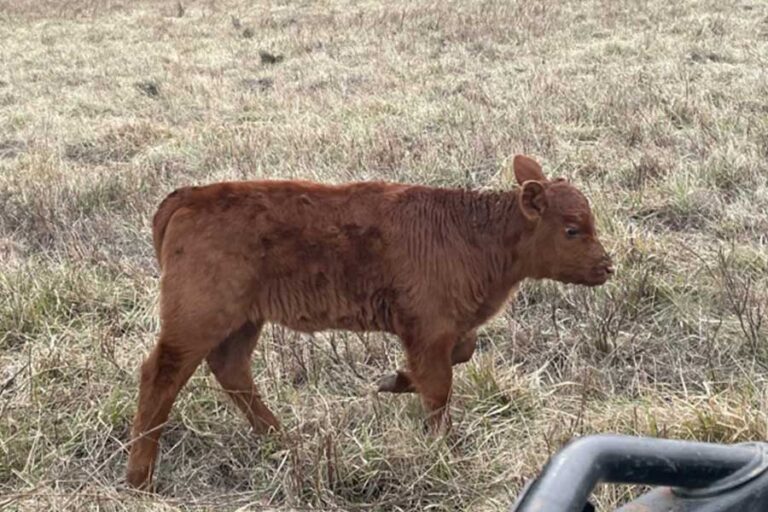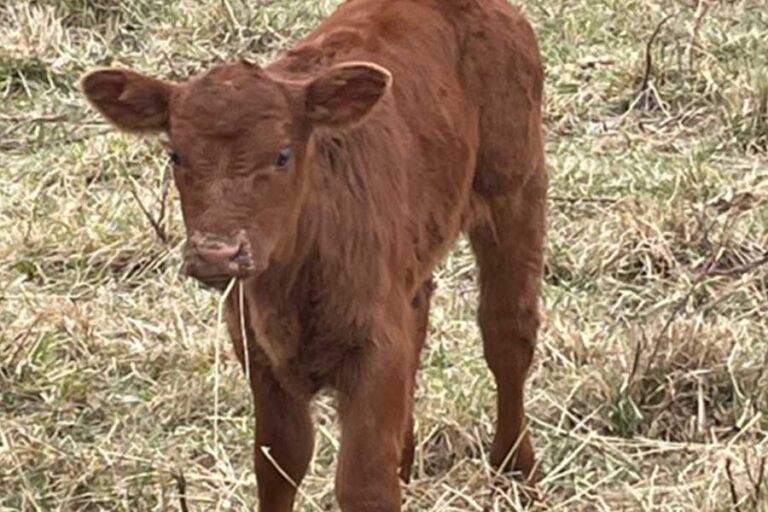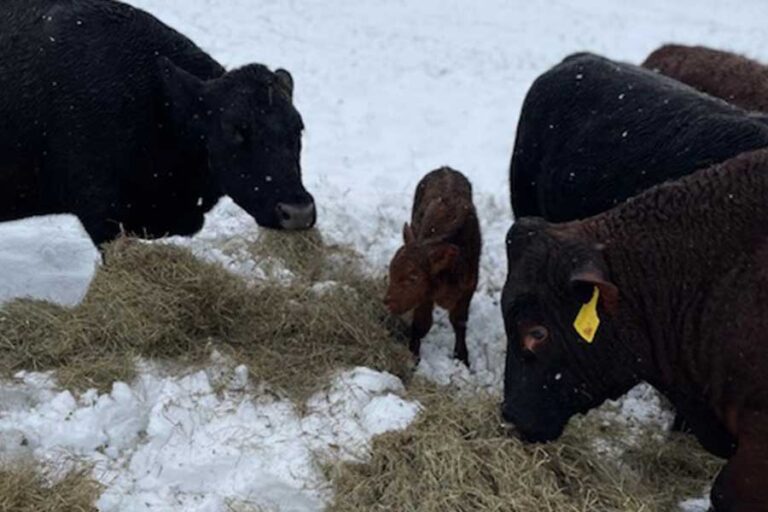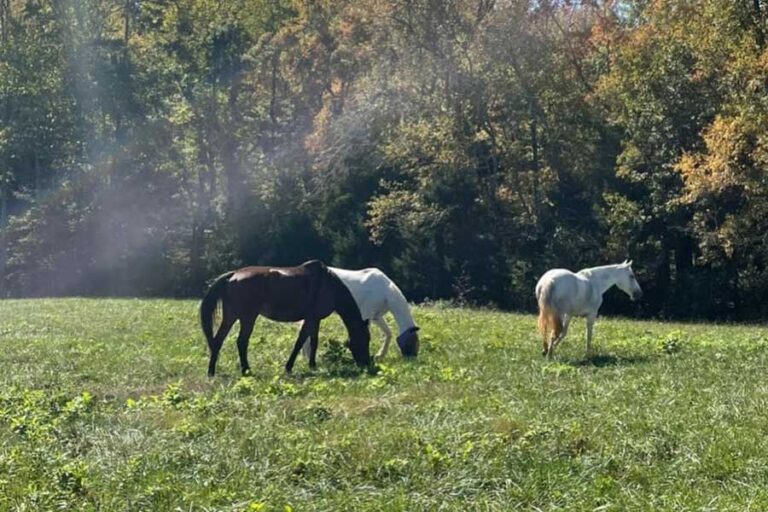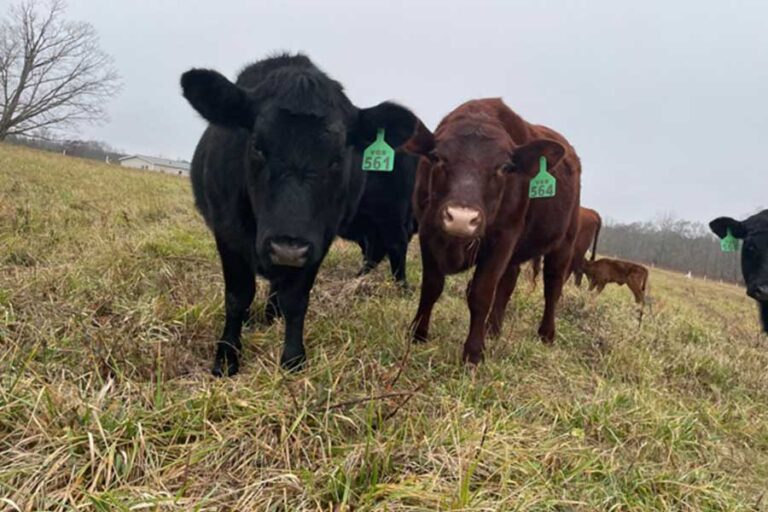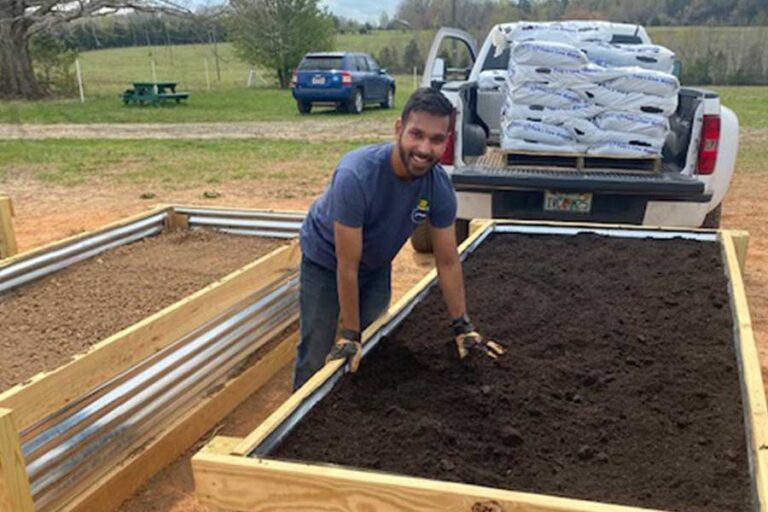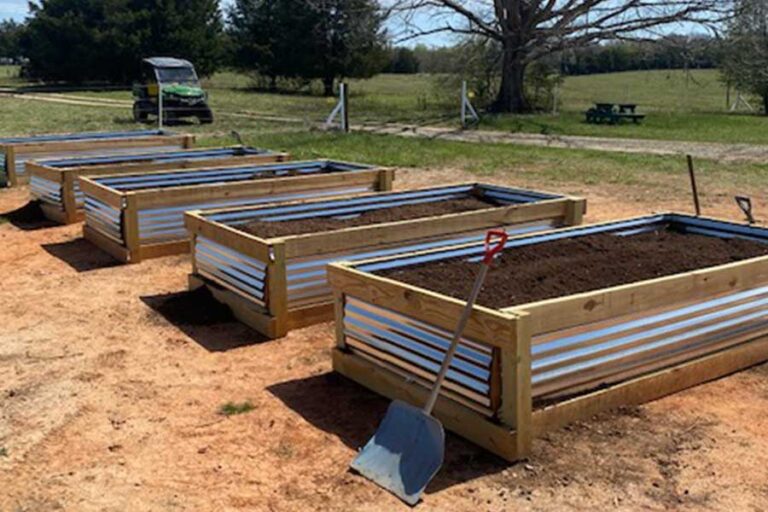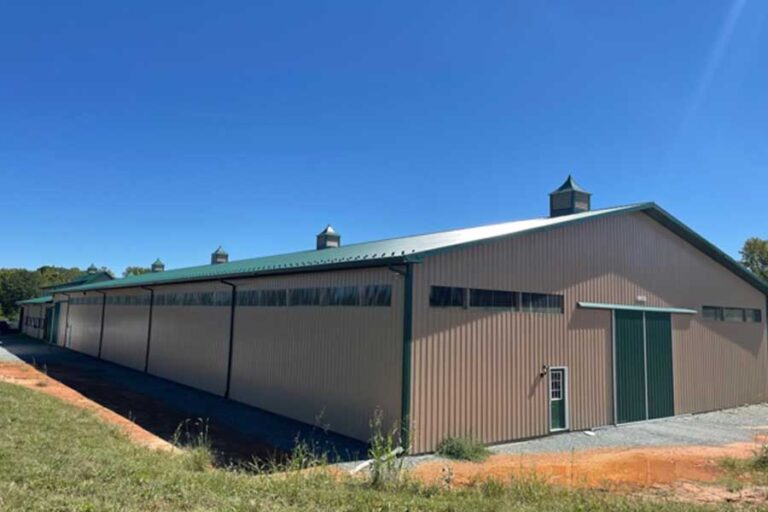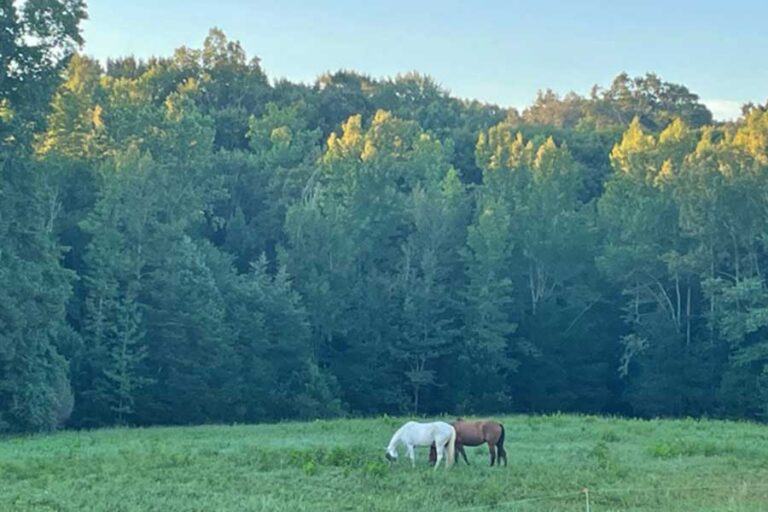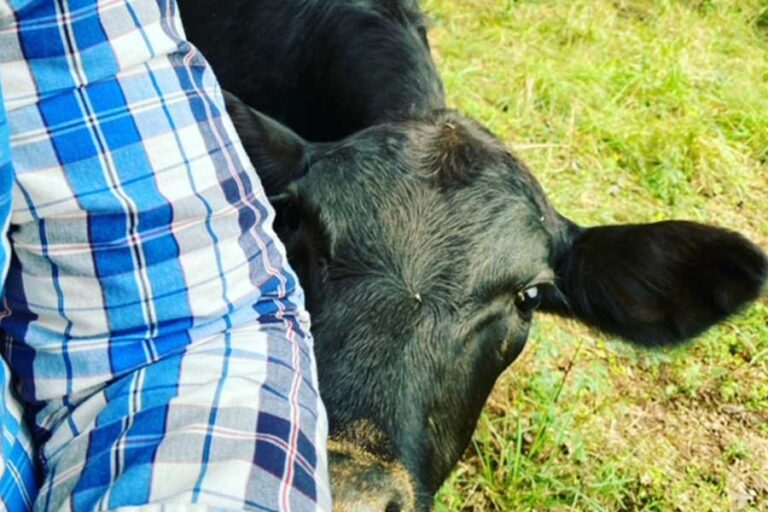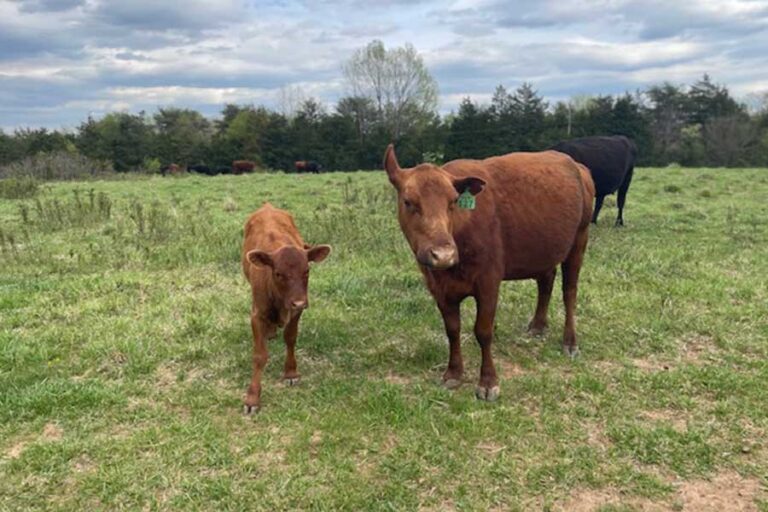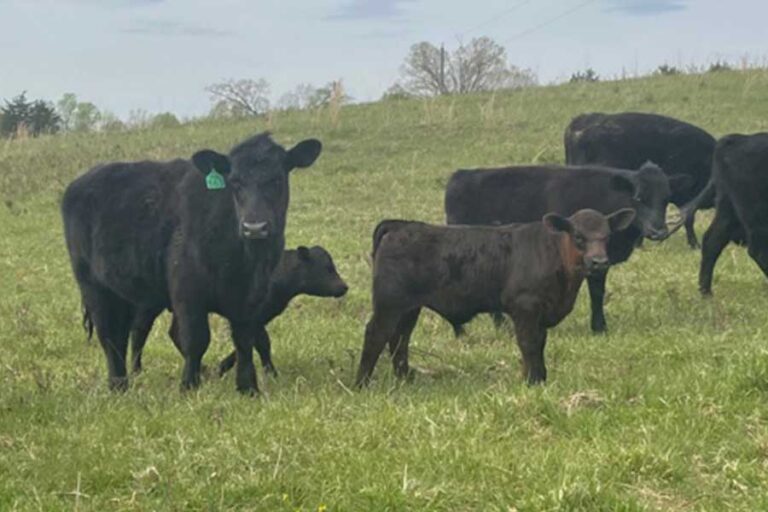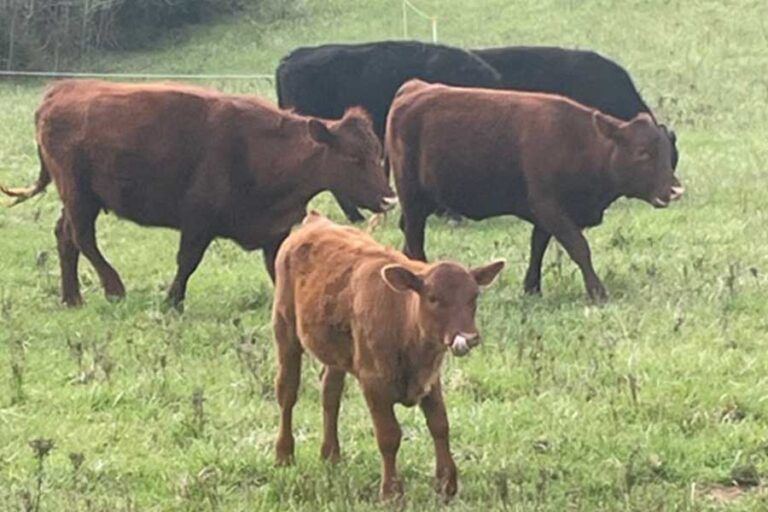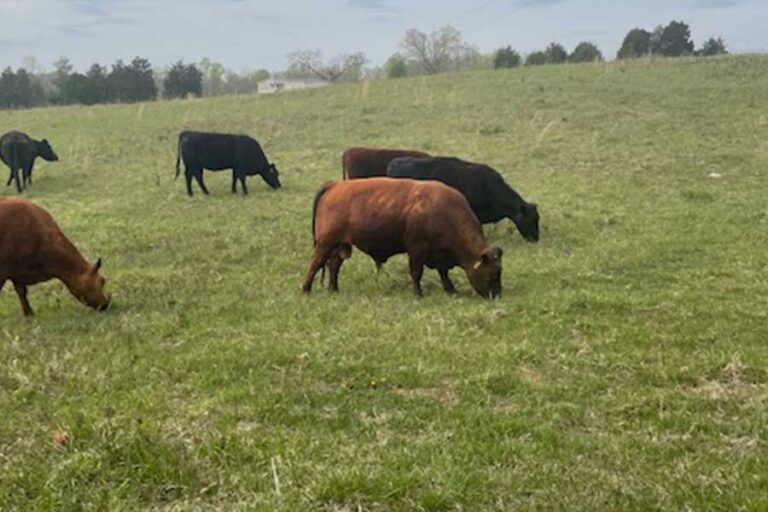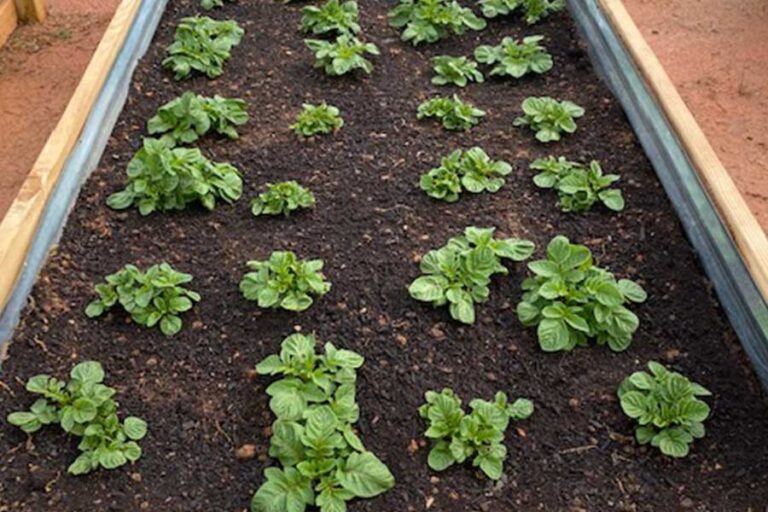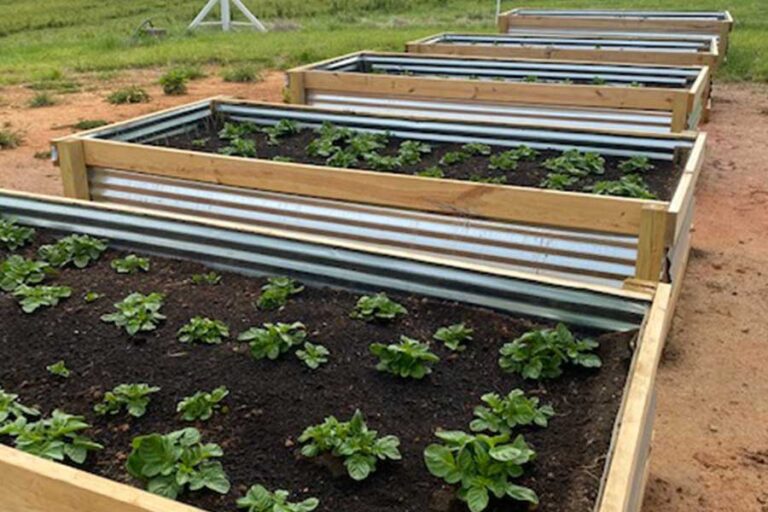REGENERATIVE FARMING WHAT IS REGENERATIVE AGRICULTURE?
Regenerative Agriculture is a system of farming principles and practices that increases biodiversity, enriches soils, improves watersheds, and enhances ecosystem services. Regenerative Agriculture aims to capture carbon in soil and aboveground biomass, reversing current global trends of atmospheric accumulation. At the same time, it offers increased nutrient dense food, resilience to climate instability, and higher health and vitality for farming and ranching communities. The system draws from decades of scientific and applied research by the global communities of indigenous people, organic farming, agroecology, Holistic Management, and agroforestry.
Over eleven years ago, a group of Australian microbiologists from the University of Queensland studied the interactions between plants and microbes in the soil and named this nutrient process the Rhizophagy Cycle. Following these research results, Dr. James White and his team at Rutgers University spent the last several years further investigating this process and how this cycle impacts agricultural production. During this time, researchers have concluded that the Rhizophagy process is cyclical and can impose effects on a plant’s ability to obtain nitrogen and other essential elements. They also learned that Rhizophagy aids in the reduction of crop inputs, and creates a healthy environment, good quality food, which lead to positive human health outcomes.
In principle, the Rhizophagy Cycle refers to a plant’s capacity to cultivate the beneficial microbes they need through this process. During the process of rhizophagy, microbes are held into protrusions of cell walls arising from root tissue. The cell walls close off and trap the microbes inside. The microbial cells are digested inside the plant cell, and the digested nutrients are transported through the plant and used for growth.
As time and research has proven, the current chemical-based monocropping farming practices can be detrimental to plants and our environment. These systematic protocols have shown to produce problems within the soil, local flora and fauna, while fostering the growth of invasive plants and superbugs. GHERF strives to nurture the soil and microorganisms, thus enriching pastures and crops for wholesome, organic food production. Rallying together to work toward this goal will enhance the quality of food for our community while greatly increasing carbon sequestration. This shift in agriculture practices can aid in positive health outcomes, while also assisting the world to reverse climate change. Through regenerative farming practices, our community can grow a wide variety of nutrient-dense produce and protect our partners in nature, such as bees, butterflies, birds and other creatures that make growing superior food possible.
It is the intent of GHERF to help individuals and families who want to get into farming but do not have the knowledge or resources to begin the process. Through regenerative farming educational sessions, GHERF will provide students a practical experience on a working farm under the guidance of an educated farmer who practices sustainable agriculture.
White, J. F., Kingsley, K. L., Verma, S. K. & Kowalski, K. P. Rhizophagy Cycle: An Oxidative Process in Plants for Nutrient Extraction from Symbiotic Microbes. Microorganisms 6, (2018). 2.White, J. F. et al. Review: Endophytic microbes and their potential applications in crop management. Pest Manag. Sci. 75, 2558–2565 (2019).



